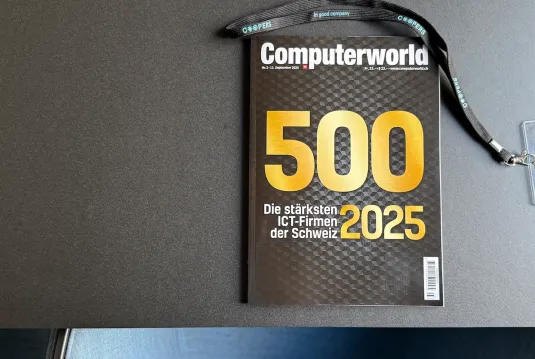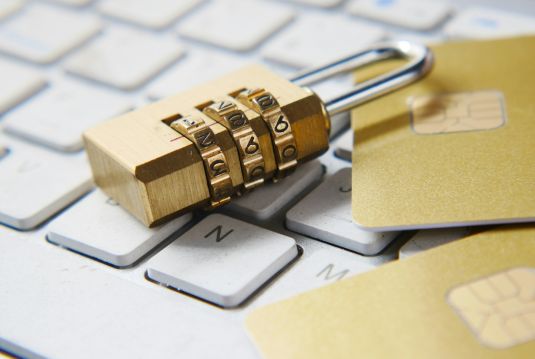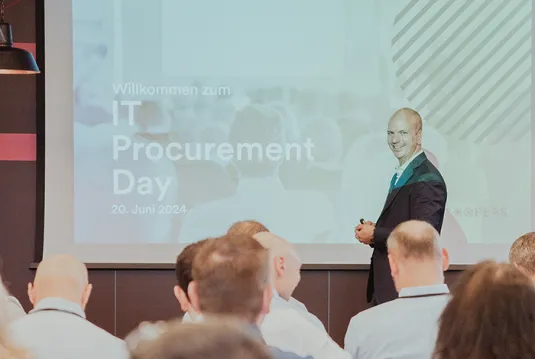What is a Blockchain, Actually?
Blockchain - a term as bulky as a living room cupboard and as tough as chewing gum. Everyone is talking about the blockchain technology. Especially banks and stock exchange operators call it the possible "Game Changer". But it also raises hopes beyond industrial boundaries. Especially retailers and logistics companies have already gained experience.
But what is a block chain anyway? When we buy a train ticket on the Web or via an app today, a credit card company is usually involved, which can be reimbursed for every transaction. A block chain-based system could handle the ticketing process securely and directly without transaction costs between the railroad company and the passenger.
The technical model of the Blockchain was developed within the crypto-currency Bitcoin - as a web-based, decentralized, public accounting system of all Bitcoin transactions ever made.
A block chain enables information to be transmitted in a forgery-proof manner using a decentralized database shared by many participants, thus eliminating the possibility of copying. The database is also known as a distributed register or general ledger. It is stored on many computers in a peer-to-peer network, with each new node taking over a complete copy of the block chain when it joins, and from now on has the task of checking and documenting transactions.
Decentralized means that the protocol, a huge database, is not located on a server or at a company but is distributed over many computers. There is no one who owns this journal. No authority, company or person has power over this journal. Every participant has the same access rights and possibilities. The Blockchain is a neutral system of information processing, which does not belong to anybody, cannot be manipulated, or hacked.
The Blockchain fires ideas to control not only crypto currencies like Bitcoin over decentralized networks, but also other digital content like art, music, texts, or photos.
It can be noted that large IT groups are jumping on the block chain bandwagon and working on software and service ecosystems around the technology.
From an economic point of view, it is exciting because up to now, a trusted third party has always been required when two parties have completed a mutual transaction or contract. The role of the intermediary in the financial sector is assumed by the banks. Bitcoin is a currency that makes banks superfluous as intermediaries.
This technology suddenly makes it possible for contracts between two potentially distrustful parties to be processed in a public network. The role of the intermediary is assumed by the community. This could basically make all intermediaries superfluous. Be they established ones, such as notaries in the field of contracts, or newly created ones, such as Uber.
How and whether the block chain technology will prevail remains to be seen. In any case, it is clear that the change and the discussion that is currently being held about the technology is worth following.
What are your experiences and your opinion about the blockchain technology? We would be happy about a message.
Your Coopers Team
IT

Coopers once again among the Top 500 ICT companies in Switzerland
Computerworld Top 500 Ranking: Coopers once again among Switzerland’s strongest ICT companies in 2025

How Safe Is Our Data in the AI Era?
How safe is our data in the AI era? 5 expert tips for better data protection.

Coopers IT Procurement Day 2024
The sold-out Coopers IT Procurement Day on June 20th, 2024, an event from buyers for buyers, was a great success.
.jpg?m=1677844650)
Coopers Top-Employer for IT-Jobs in Switzerland 2023
YAY: Coopers among top IT employers in Switzerland 2023 according to CHIP and GreatJobs.


_1.svg)